Anger and Empathy in A Complicated Kindness
Miriam Toews’s 2004 novel explores layers of trauma in a Mennonite community, but the most striking, heartbreaking thing about this book is the moments of grace that Toews identifies within the pain.
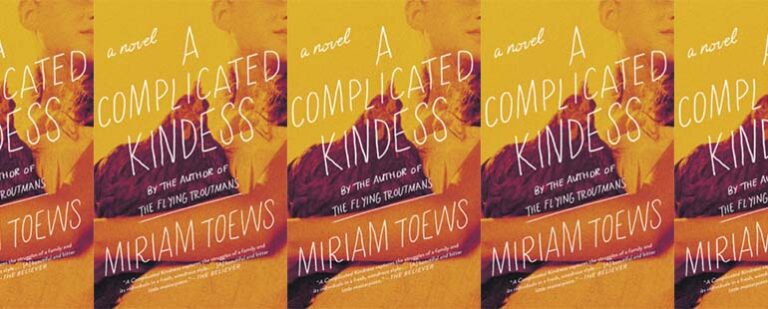
Miriam Toews’s 2004 novel explores layers of trauma in a Mennonite community, but the most striking, heartbreaking thing about this book is the moments of grace that Toews identifies within the pain.
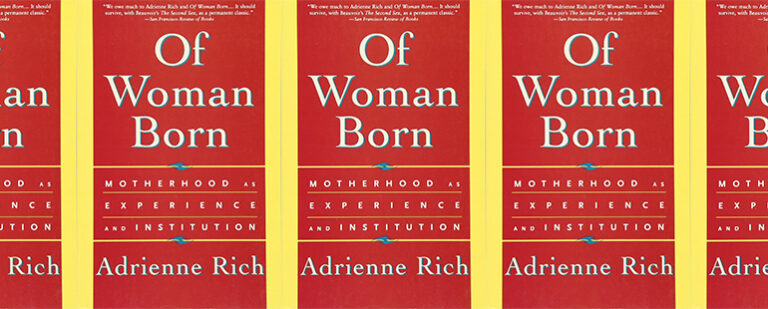
I’ve long found personal resonance in Adrienne Rich’s description of the struggle to be home with young children while also seeking to do intellectual and creative work. What I didn’t expect in rereading her 1976 classic was how uncannily similar her descriptions of the mid-century institution of motherhood would sound to my experience of pandemic.

Initially, the titular secondhand store seems to be the focus of Hiromi Kawakami’s 2005 novel. As the story progresses, however, it becomes increasingly clear that the shop is simply the backdrop for what Kawakami is actually interested in: the odd quirks of human interaction.
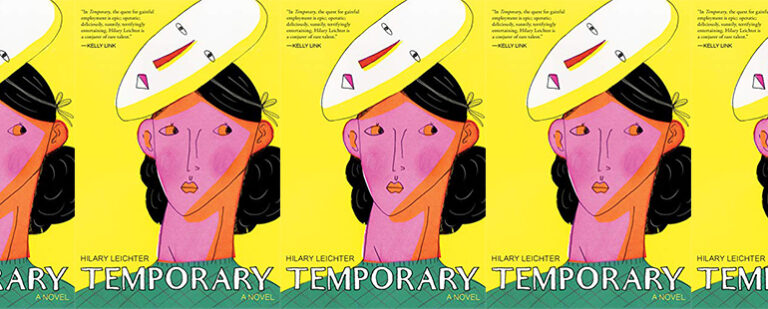
Hilary Leichter’s debut novel is a shifting, surrealist tale of a young woman’s search for permanent employment that deftly captures the anguish of living inside such existential uncertainty, and more terrifying, the potential infinity of it.

Maybe the best argument for Tom Drury’s 1994 novel as a neglected classic—at least in contention with its dry comedy and quiet, then startling prose—is its panoramic and uniquely democratic examination of a veritable web of human stories.

The elaborate counterfactuals of Binet’s newest novel, which contemplates a Spanish conquest in reverse, offer a recursive vision of history: you can swap out the protagonists, but the processes of social atomization and economic consolidation unleashed by globalization will propel us into the modern era regardless.

The stories in Jen Fawkes’s latest collection, which tell the tales of literature’s most famous villains, don’t simply long to provide motivation for a character’s badness, but rather are united around people suffering from pervasive loneliness and longing for love—two human qualities anyone, villain or victim, could understand.
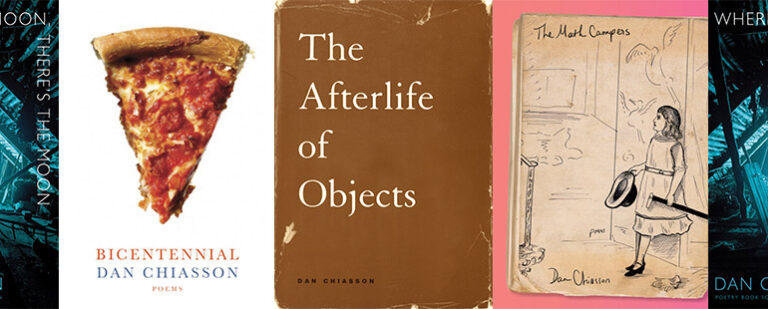
The poet of Dan Chiasson’s poems is a father and a son, often both at the same time. The poet of Dan Chiasson’s poems, since his first collection was published in 2002, reveals more about himself, his being a father and a son, through the way his poems are made.
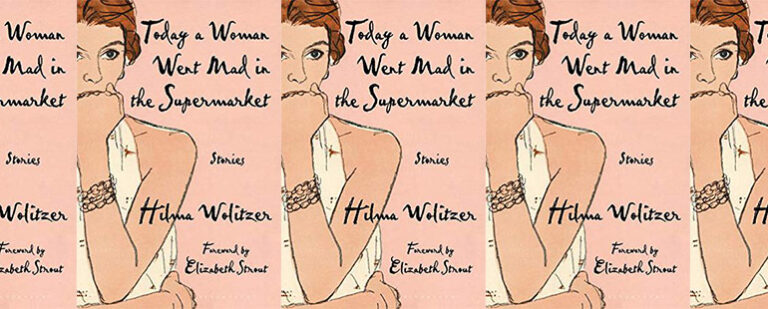
Hilma Wolitzer’s new story collection is brimming with life and humor, and yet death is ever-present, leading the book forward to its final, inevitable conclusion.
No products in the cart.